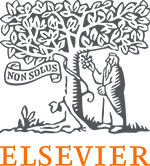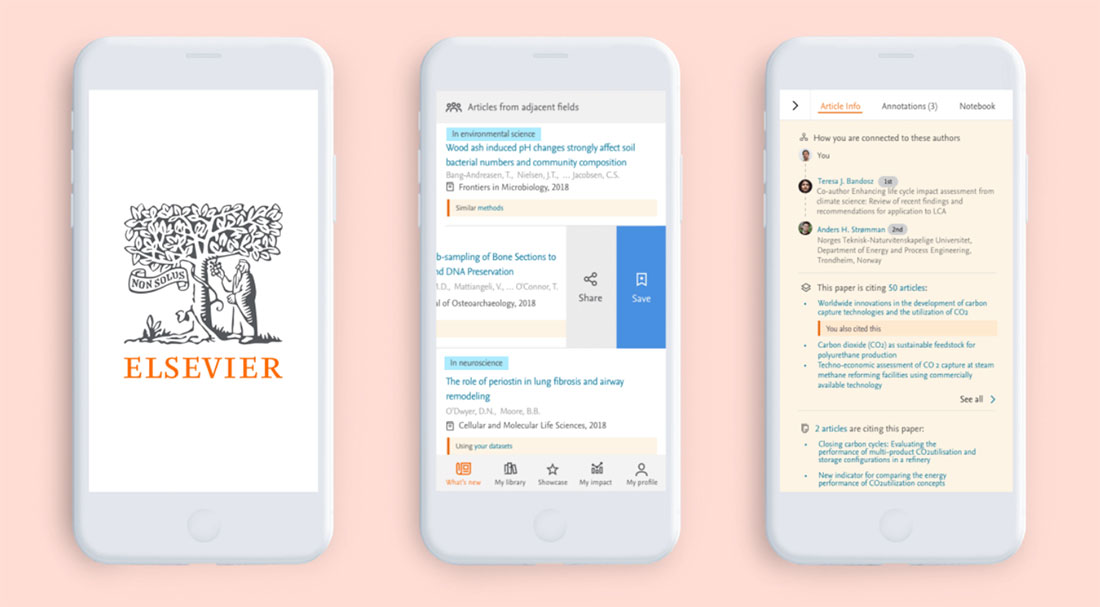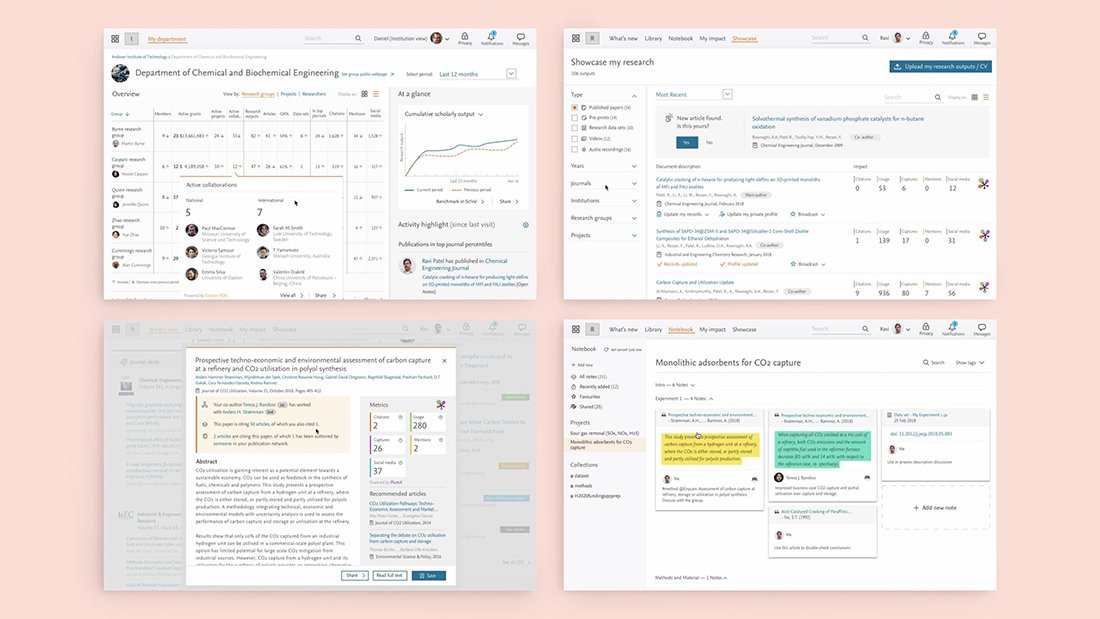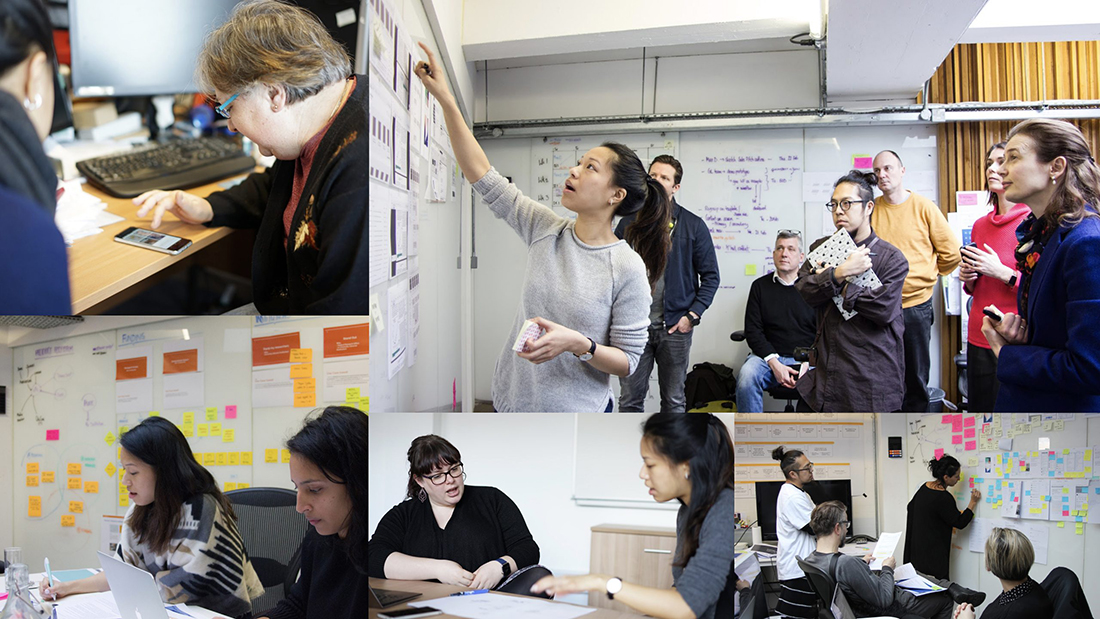
Elsevier is a global information analytics business specializing in science and health. Combining content with technology, supported by operational efficiency, Elsevier helps institutions and professionals turn information into actionable knowledge, improving performance for the benefit of humanity. Following a period of acquisition and growth, the time was right for Elsevier to take a holistic view of their offering. With disruptions in the research and scientific community including the rise of Open Science, free access, and free tools, Elsevier’s challenge was to leverage their existing suite of products, content, capabilities, and data to create a product that adds substantial value to researchers, funders, and stakeholders. Through its experience design arm, Method, GlobalLogic designed a new product experience that manifests Elsevier’s updated value proposition and better supports the research community and its processes. This new platform and portal leverages Elsevier’s existing suite of products, content, capabilities, and wealth of data to create a smarter system that not only supports but anticipates the needs of various research facets.


